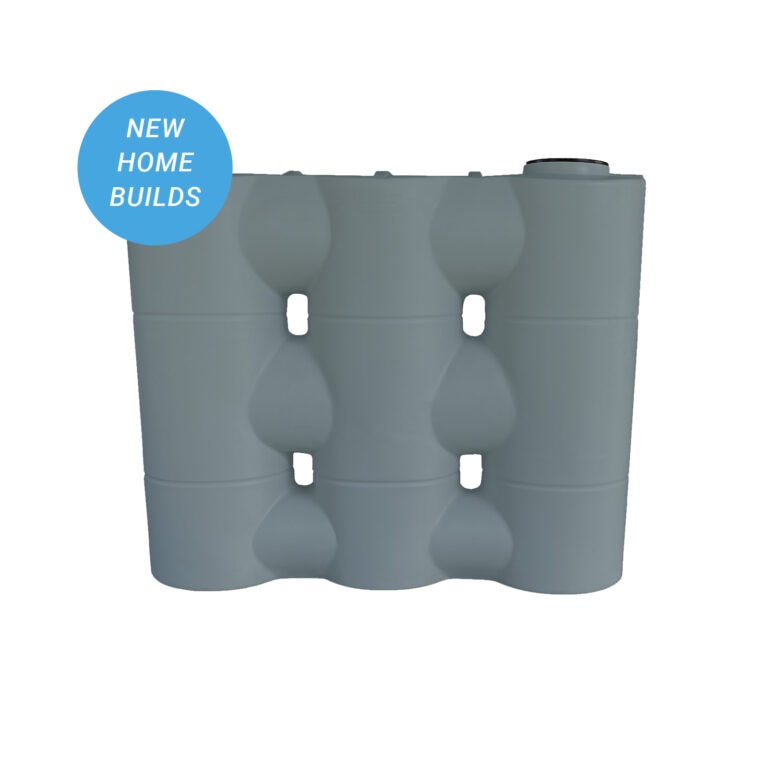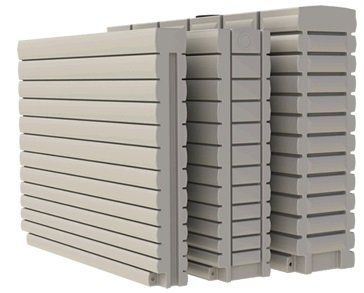Exploring the Different Uses Rainwater Containers for Residential and Commercial Characteristics
As the international concentrate on sustainable living techniques remains to heighten, the application of rainwater storage tanks in both household and commercial settings has actually become an important remedy. These tanks provide a storage tank for rainwater harvesting, providing a myriad of prospective applications that expand far beyond simple storage space. From watering to commode flushing and landscaping, the flexibility of rainwater storage tanks is substantial. Moreover, their combination into industrial residential or commercial properties opens up a world of opportunities for eco aware businesses. The complex usages of rain storage tanks provide an engaging situation for their fostering, not only as a useful water-saving procedure however likewise as a testament to accountable resource management.
Advantages of Using Rainwater Containers
Using rainwater containers uses countless benefits for both houses and communities in regards to water conservation and sustainability. Among the essential advantages of utilizing rainwater storage tanks is the considerable reduction in dependence on mains water - Slimline water tanks. By catching and saving rainwater for later usage, individuals and areas can decrease their need for treated water, inevitably relieving the worry on water treatment facilities and reducing energy usage associated with water transport and therapy
Furthermore, rain harvesting with tanks supplies a dependable alternate water resource during times of water limitations or scarcities. This stored rainwater can be made use of for various non-potable functions such as watering, purging toilets, and cleaning garments, decreasing the stress on typical water sources. Furthermore, making use of rain tanks can result in set you back financial savings for both households and neighborhoods by reducing water costs and decreasing the need for expensive facilities developments to fulfill growing water demands.
Essentially, the use of rain containers offers a sustainable and environmentally friendly technique to water monitoring, profiting both specific customers and the more comprehensive community in terms of water conservation, cost-efficiency, and resilience.
Rainwater Tank Usage in Irrigation
Given the benefits of rainwater tanks in conserving water resources and decreasing reliance on mains supply of water, a significant application lies in utilizing stored rainwater for watering objectives - Slimline water tanks. Rain collecting systems can properly accumulate and keep rainwater, offering a sustainable water source for watering yards, grass, and farming fields. By utilizing rainwater for watering, homeowner can decrease their dependence on cured water Website resources, causing cost savings and ecological advantages

One of the key advantages of utilizing rainwater for irrigation is its purity. Rainwater is normally soft and devoid of the chemicals and ingredients commonly located in mains water, making it excellent for nourishing plants without the danger of unsafe effects. Furthermore, rain goes to ambient temperature, which can benefit plant development by staying clear of temperature shocks that can occur with chilly keys water.
Rain Tanks for Toilet Flushing

Implementing rain storage tanks for commode flushing is a cost-efficient and ecologically friendly method that can be easily incorporated into both household and industrial residential or commercial properties. The saved rainwater can be made use of to flush commodes by linking the tank to the existing pipes system. This simple yet efficient solution can substantially decrease water usage in a building, especially in locations where water shortage is a problem.

Incorporating Rain Containers in Landscape Design
These storage tanks can capture and keep rainwater overflow from roofing systems, which can after that be utilized for sprinkling gardens, grass, and plants. By using rain for irrigation objectives, residential property owners can minimize their reliance on local water resources, leading to cost financial savings and conservation of valuable water sources.
Along with offering a lasting water source for landscaping demands, rainwater storage tanks can additionally help in handling stormwater runoff. By catching rain that would certainly otherwise stream right into storm drains, these containers can mitigate erosion, lower flooding risks, and avoid air pollution of all-natural water bodies. Incorporating rainwater tanks in landscaping can add to the general visual allure of the residential or commercial property, showcasing a commitment to ecological stewardship.
Industrial Applications of Rain Containers
Utilizing rainwater tanks in commercial settings provides a sustainable option for water monitoring and preservation, profiting useful source businesses and click to read the environment alike. Commercial applications of rainwater tanks vary and increasingly popular due to the cost savings and environmental advantages they provide. One key commercial use is for watering objectives, where collected rain can be utilized to water landscaping, gardens, and agricultural areas bordering industrial properties. This can bring about substantial decreases in water expenses and reliance on municipal water sources.
In addition, rainwater gathered in containers can be dealt with and used for non-potable functions within business properties, such as flushing bathrooms, cleansing, and cooling down systems. Overall, the consolidation of rain tanks in industrial settings provides a sensible and environmentally responsible method to water administration.
Verdict
From irrigation to toilet flushing and landscape design, the usage of rain storage tanks can help preserve water sources and decrease water bills. Overall, the convenience and sustainability of rain storage tanks make them a valuable financial investment for any type of home owner looking to raise water effectiveness.